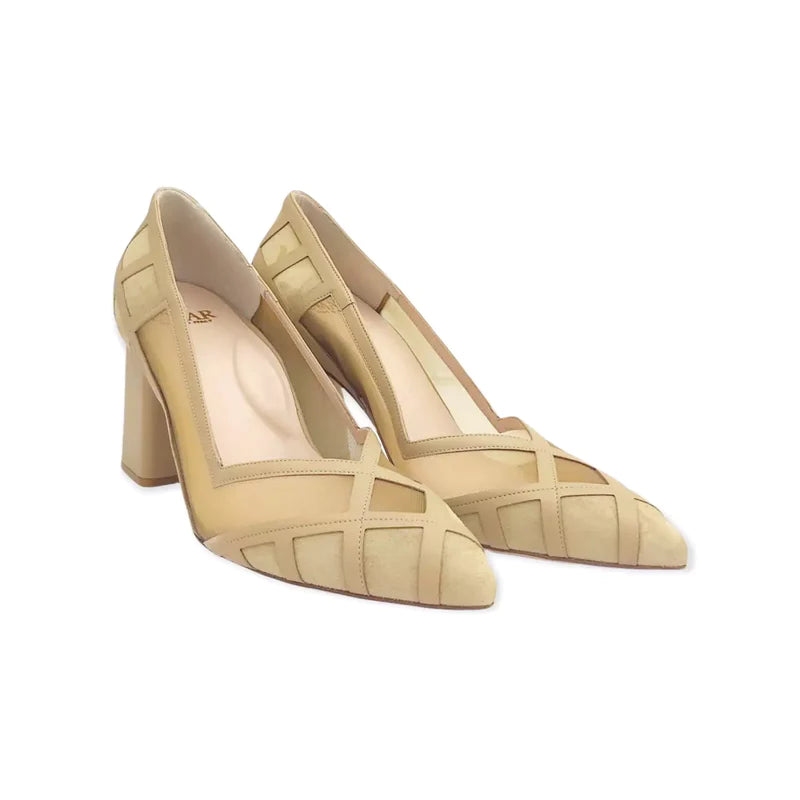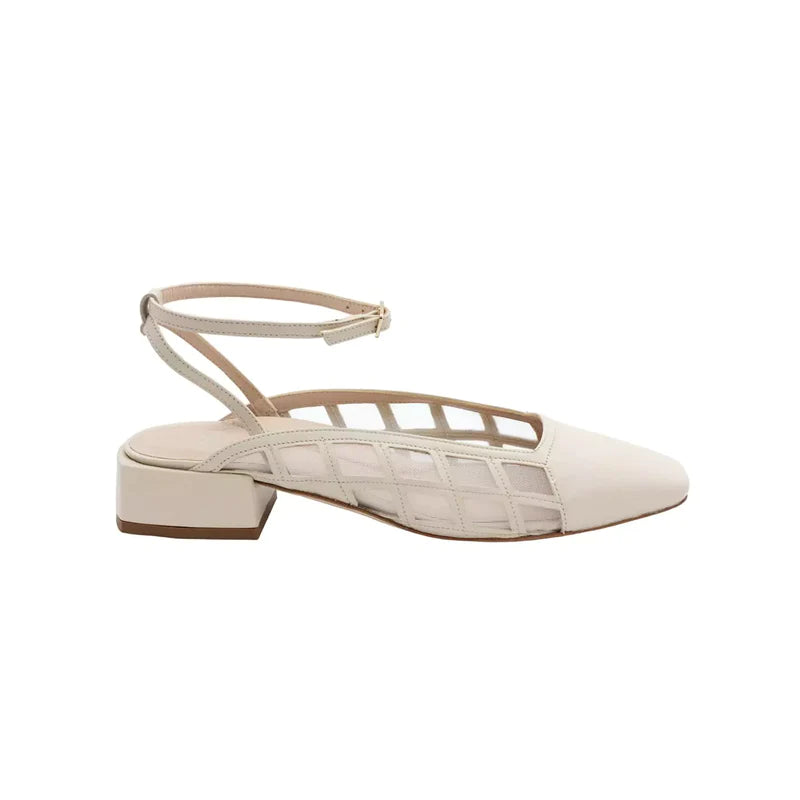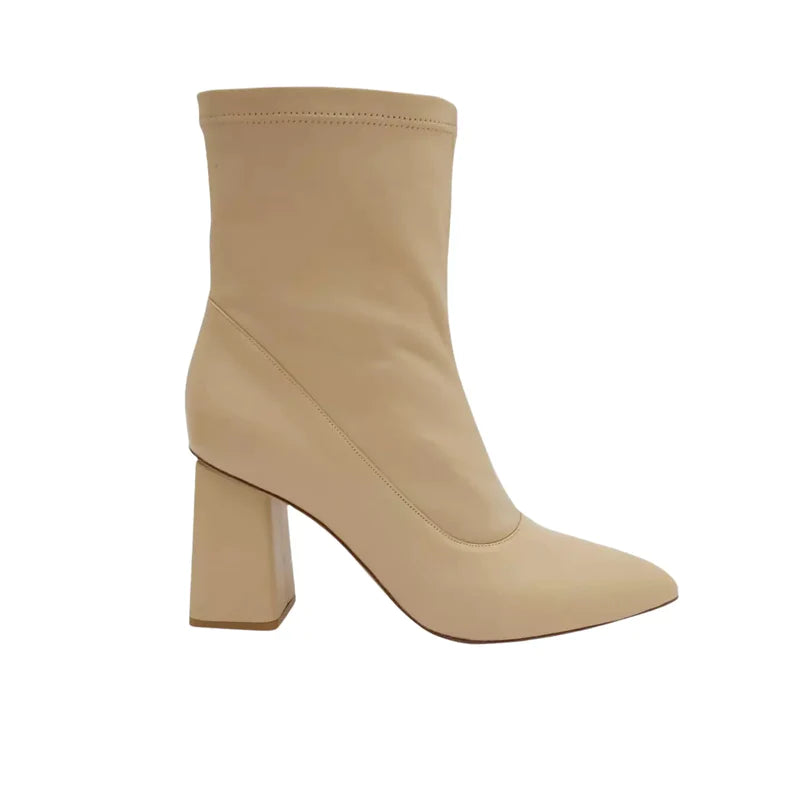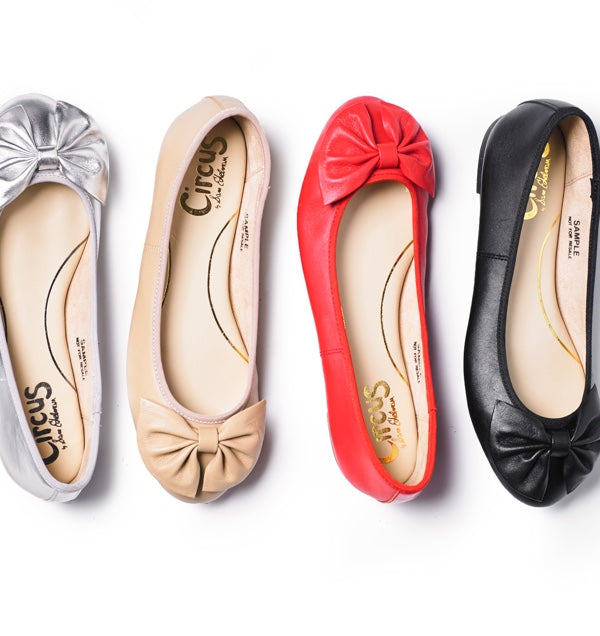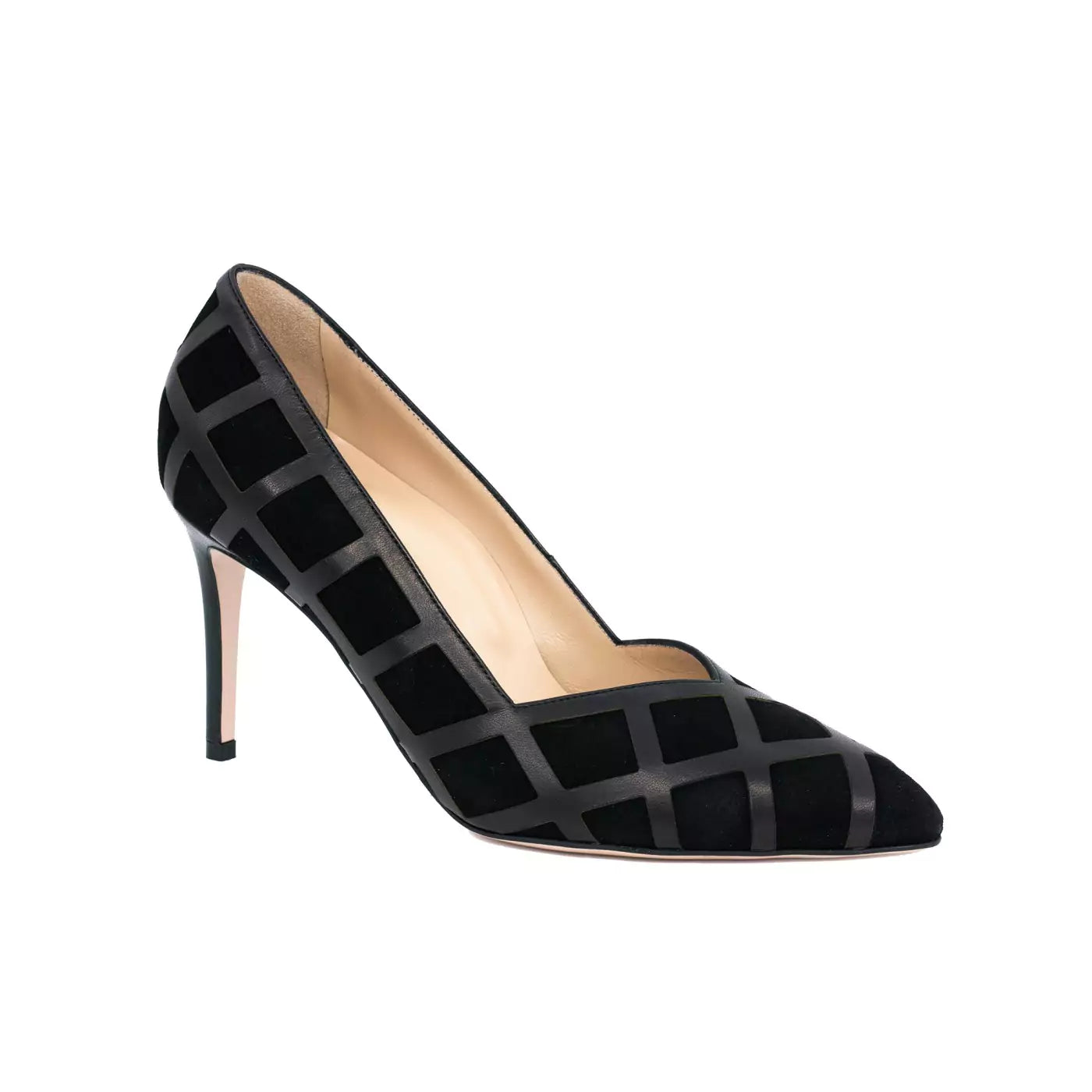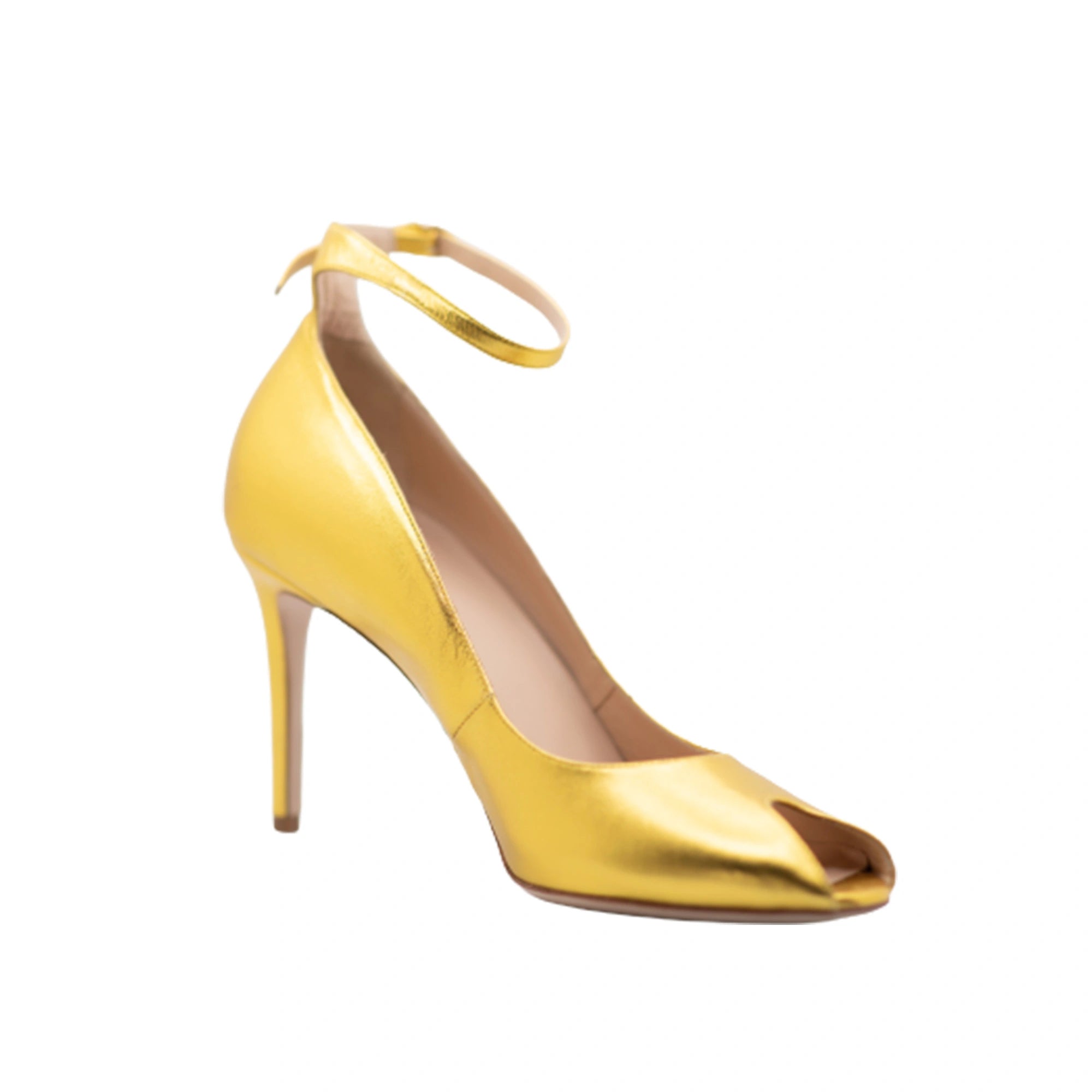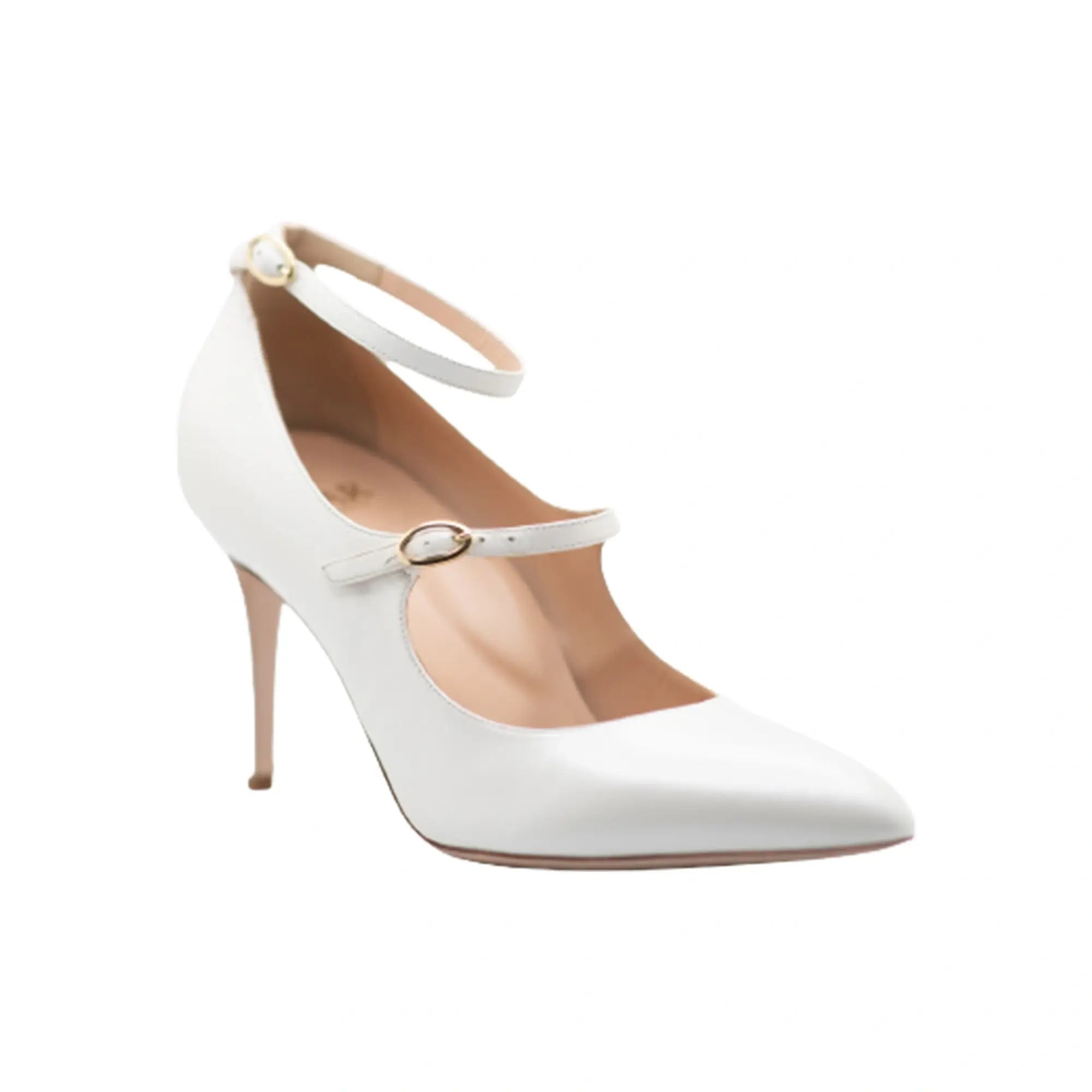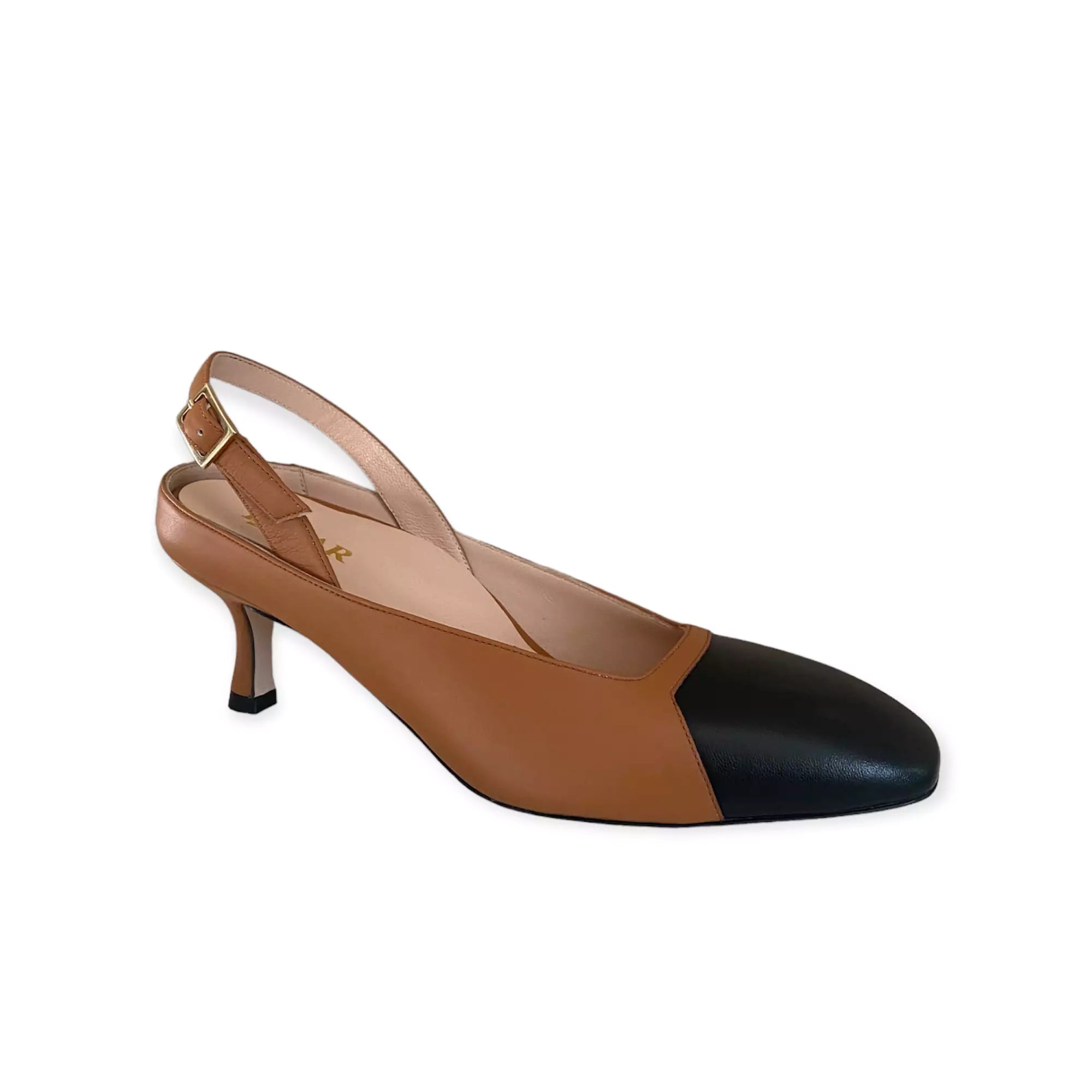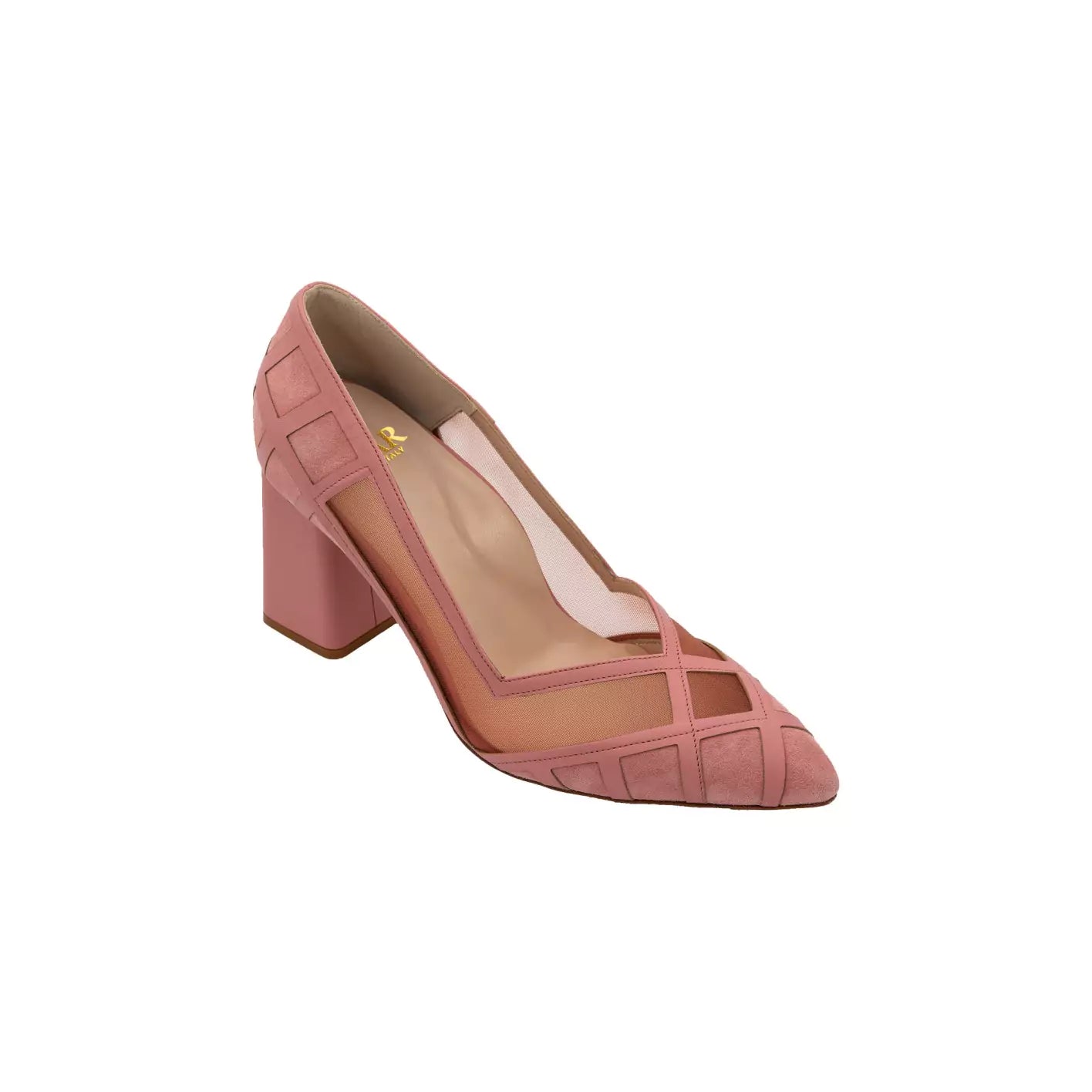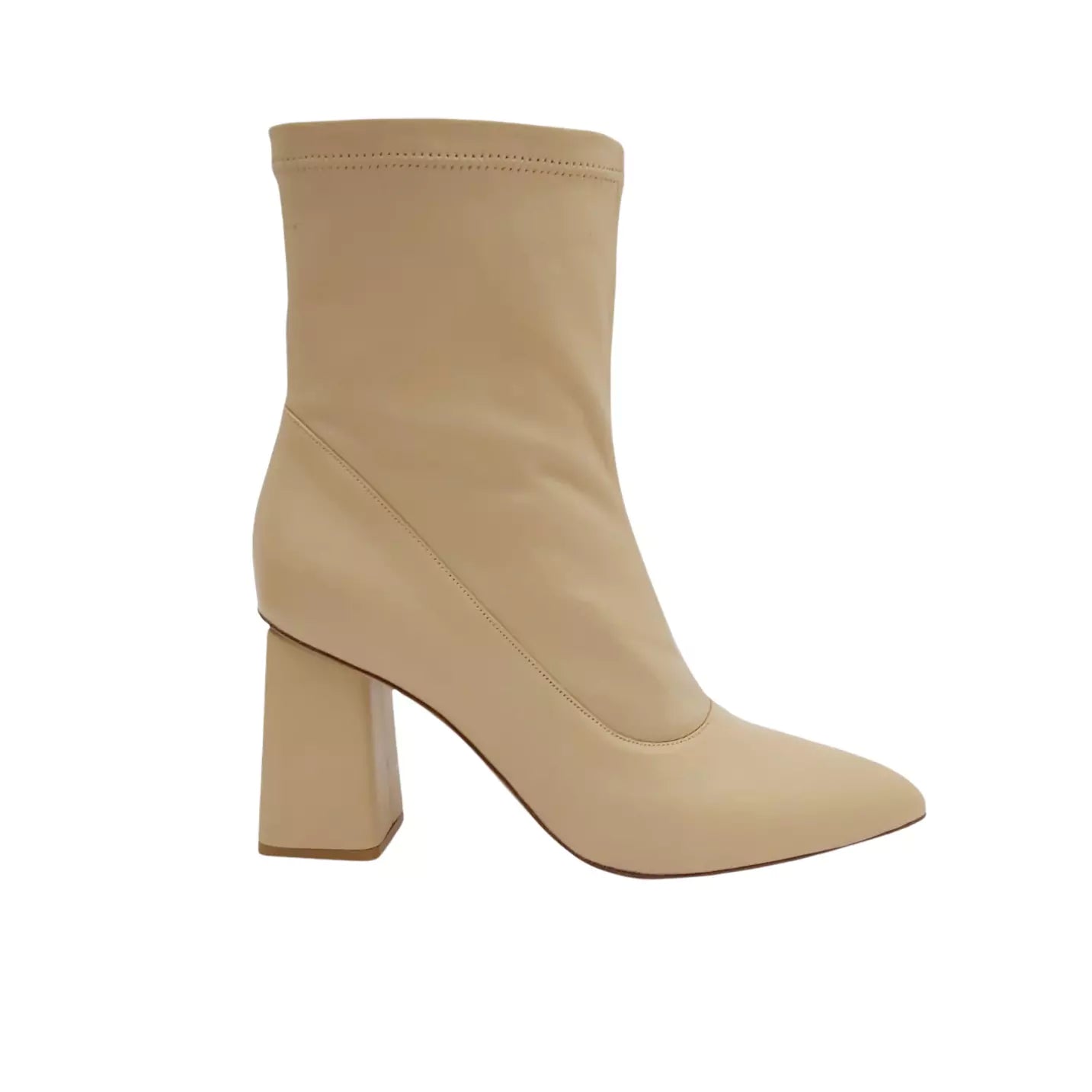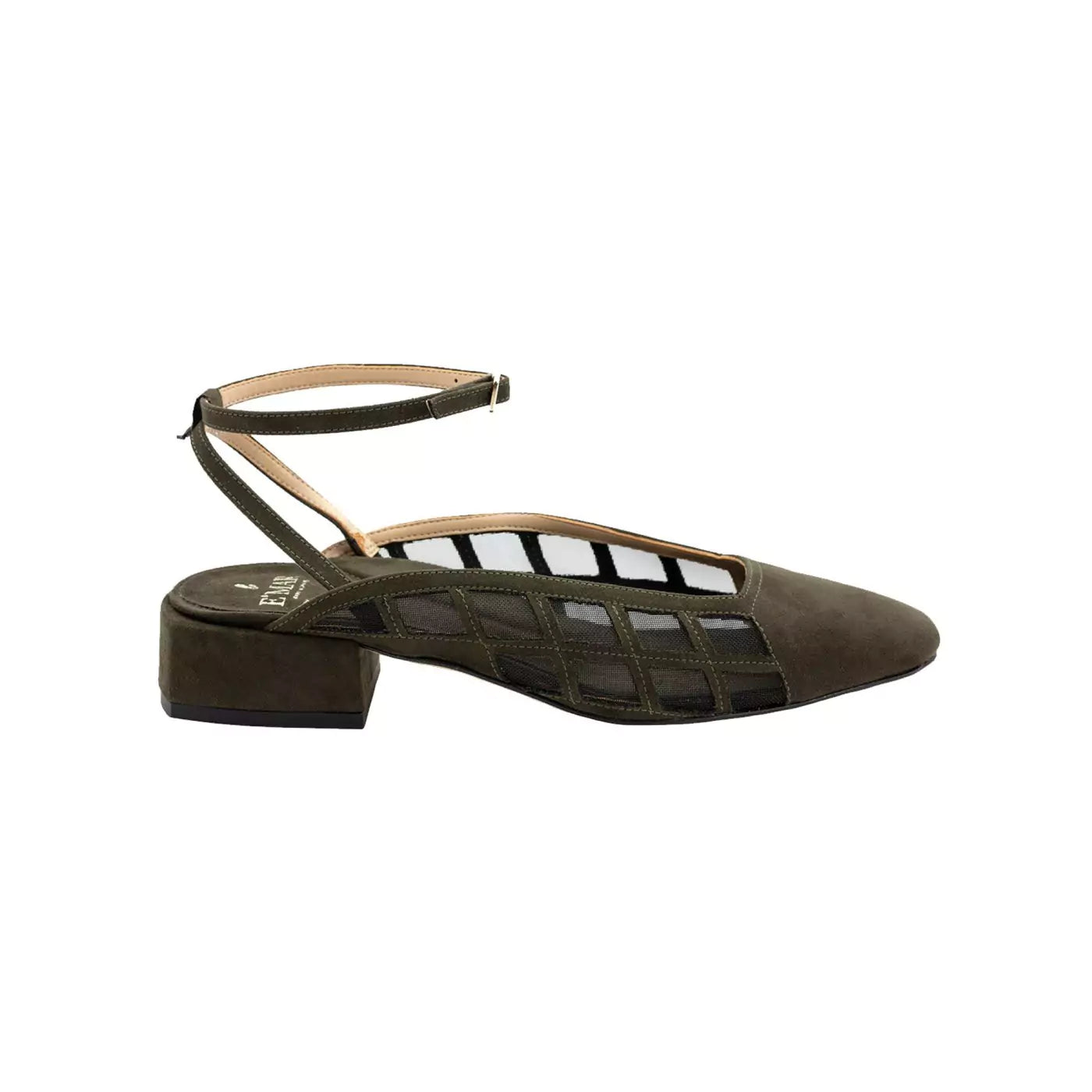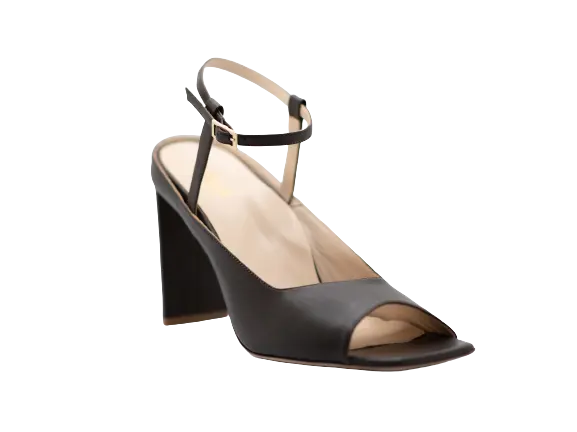Why Podiatrists Advise Against Zero Gravity Shoes: Unveiling the Reasons
Zero gravity shoes have become increasingly popular in recent years. These shoes are designed to provide a weightless feeling, with the goal of reducing pressure and stress on the feet. While this may sound like a great benefit for your foot health, podiatrists generally do not recommend zero gravity shoes. In this blog, we'll explore why.
What are Zero Gravity Shoes?
Zero gravity shoes, also known as anti-gravity shoes, are shoes designed to create a weightless sensation. The idea behind these shoes is to reduce the amount of pressure and stress on the feet, by creating a feeling of weightlessness. They typically feature a curved sole that is designed to roll with each step, as well as cushioned insoles that are intended to absorb shock and reduce impact.
Why Podiatrists Don't Recommend Zero Gravity Shoes
-
Lack of Support
One of the primary reasons that podiatrists don't recommend zero gravity shoes is that they often lack support. The curved sole design of these shoes can actually cause the foot to become unstable, which can lead to overpronation or supination. This can cause a range of issues, including arch pain, heel pain, and even ankle and knee problems.
-
Reduced Sensation
Another issue with zero gravity shoes is that they can reduce the sensation of the ground beneath your feet. This may sound like a good thing, but it can actually be detrimental to your foot health. Without adequate sensation, it can be difficult to maintain proper balance and alignment, which can lead to falls and other injuries.
-
Ineffective Shock Absorption
While zero gravity shoes are marketed as having effective shock absorption, this may not actually be the case. The cushioned insoles of these shoes can actually compress over time, which reduces their effectiveness in absorbing shock. This can lead to a range of issues, including stress fractures, shin splints, and other injuries.
-
Not Suitable for Certain Foot Conditions
Finally, zero gravity shoes may not be suitable for people with certain foot conditions. For example, people with flat feet or high arches may require shoes with specific types of support, which zero gravity shoes may not provide.
Conclusion
While zero gravity shoes may sound like a great way to reduce pressure and stress on the feet, they are generally not recommended by podiatrists. These shoes lack support, reduce sensation, have ineffective shock absorption, and may not be suitable for certain foot conditions. If you're looking for a shoe that will promote foot health, it's best to speak with a podiatrist to determine what type of shoe is best for your individual foot health needs.

